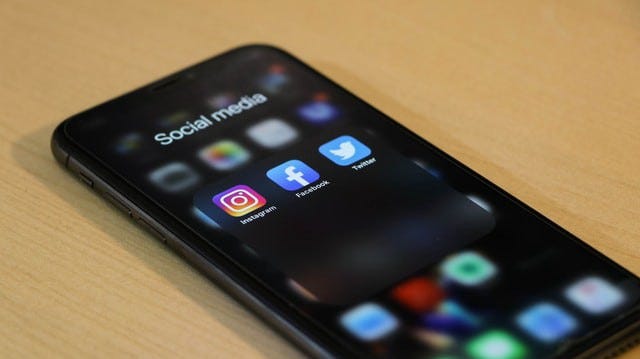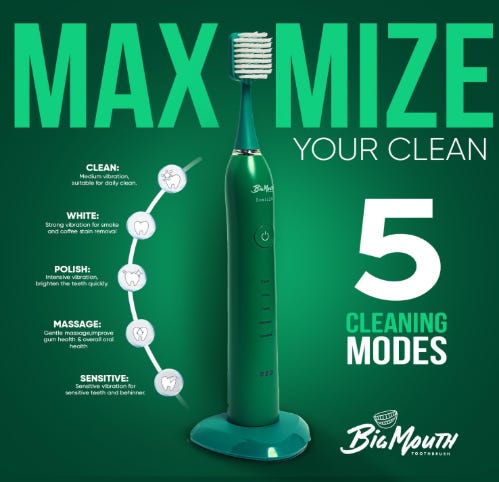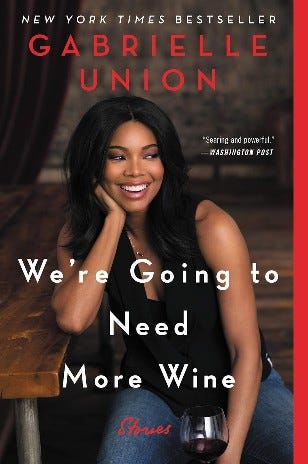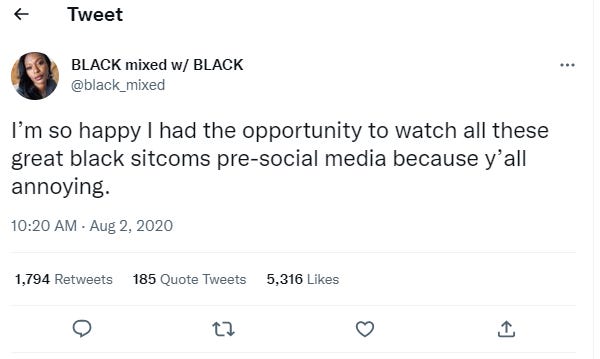Is social media going to ruin black ’90s sitcoms?
Twitter is making the teen version of me fight with my adult self

When I received the announcement that Netflix was going to start airing multiple African-American ’90s sitcoms that I grew up watching, my first reaction was, “Social isolation plans canceled.” Of course I want to relive my “Moesha” days salivating over the late Merlin Santana, that one episode with my childhood crush Brandon Q. Adams* and the awkwardly perfect Fredro Starr as the love interest for the ‘90s sitcom.
And clearly I’m going to watch “The Game” — although I thought Tasha Mack was annoying and loud as hell, and I much-preferred the more innocent version of “Girl Melanie.”
Recommended Read: “The Tamera Mowry jokes are old, and you are petty ~ Stop trying to put black women in one personality box”
ADVERTISEMENT ~ Amazon
As an Amazon affiliate, I earn a percentage from purchases with my referral links. I know some consumers are choosing to boycott Amazon for its DEI removal. However, after thinking about this thoroughly, I choose to continue promoting intriguing products from small businesses, women-owned businesses and (specifically) Black-owned businesses who still feature their items on Amazon. All five of my Substack publications now include a MINIMUM of one product sold by a Black-owned business. (I have visited the seller’s official site, not just the Amazon Black-owned logo, to verify this.) If you still choose to boycott, I 100% respect that decision.

Although I was Team Romeo for my entire childhood, I enjoyed seeing Marques “Batman” Houston as Roger on “Sister Sister.” (I would still like to have a long sit-down with my younger self to figure out why I was not into LDB. Kelton Keese grew up to be finer than both of the other singers from the group Immature.) Of course I enjoyed the wholesome energy of Tia and Tamera Mowry, too.
Before TV writers and casting directors ruined “One on One” by getting rid of Spirit and removing other black cast members, that used to be my favorite show to prove the dopeness of black fatherhood.
Recommended Read: “Is it ‘not realistic’ or just not in your world? ~ Please stop saying positive black films and TV are unrealistic”
ADVERTISEMENT ~ Amazon
As an Amazon affiliate, I earn a percentage for every purchase with my referral link.
“Half & Half” and “The Parkers” weren’t my favorite shows to watch, but I was front and center for every single episode of “Girlfriends.” I still recall a huge blowout and a breakup over an ex-boyfriend who told me “Stop watching that show!” when I told him about my 90-day plan.**
Recommended Read: “From child star and actor to rapper, Brandon Adams is back”
Here’s my only problem. I winced multiple times while watching the first few episodes of “Moesha.” I honestly didn’t realize how stereotypical Kim’s character was and how she was disrespected left and right. I was also completely confused by the episode when Fredro Starr was introduced. How could Moesha, a black girl, be mad that she was told she had a big butt? That has never been a complaint for black women anywhere — unless it was just ridiculously out of shape and flat. But in an era with Sir Mix-a-Lot’s “Baby Got Back,” E.U.’s “Da Butt” and pretty much any song by 2 Live Crew, how did this get past the writer’s room? Hell, how did someone in a vocal group like Onyx not go, “Yeah, this is dumb.”
I turned right to Twitter to point out how much of a mean girl Moesha was and all my other complaints, and realized I might need to reel it in a little. Quiet as it’s kept, this user said it best:
Although I’m technically considered a Millennial, I do remember the days when I could just enjoy a show for what it was — without dissecting every single scene into a hashtag. I was a freshman in high school when “Moesha” aired, and I enjoyed having lunchroom sessions discussing the show. It wasn’t like we didn’t critique each episode then either. But we were on to the next topic (or show) 30 minutes later.





